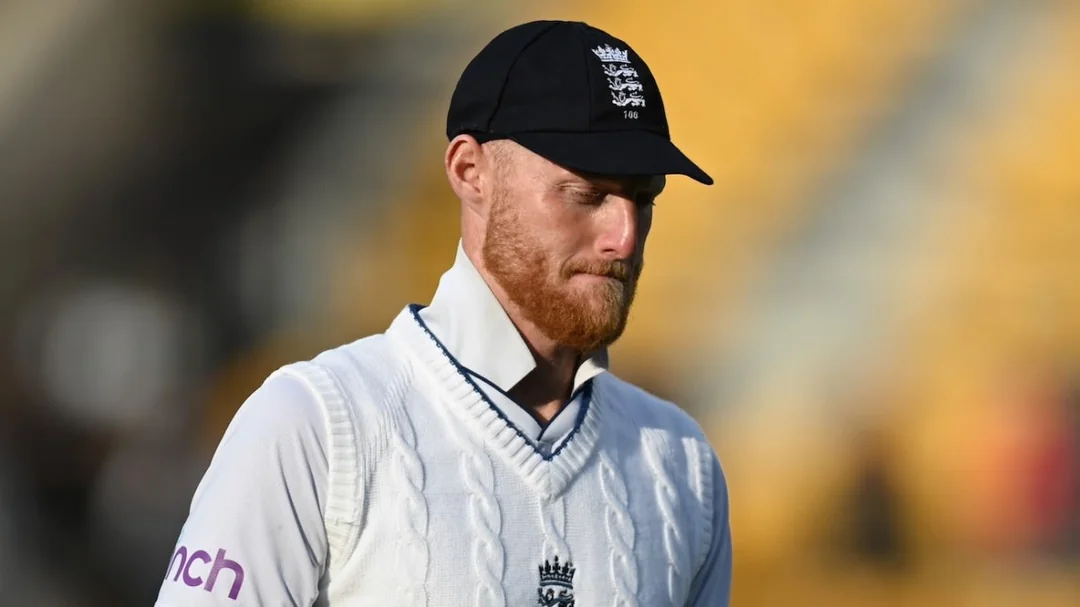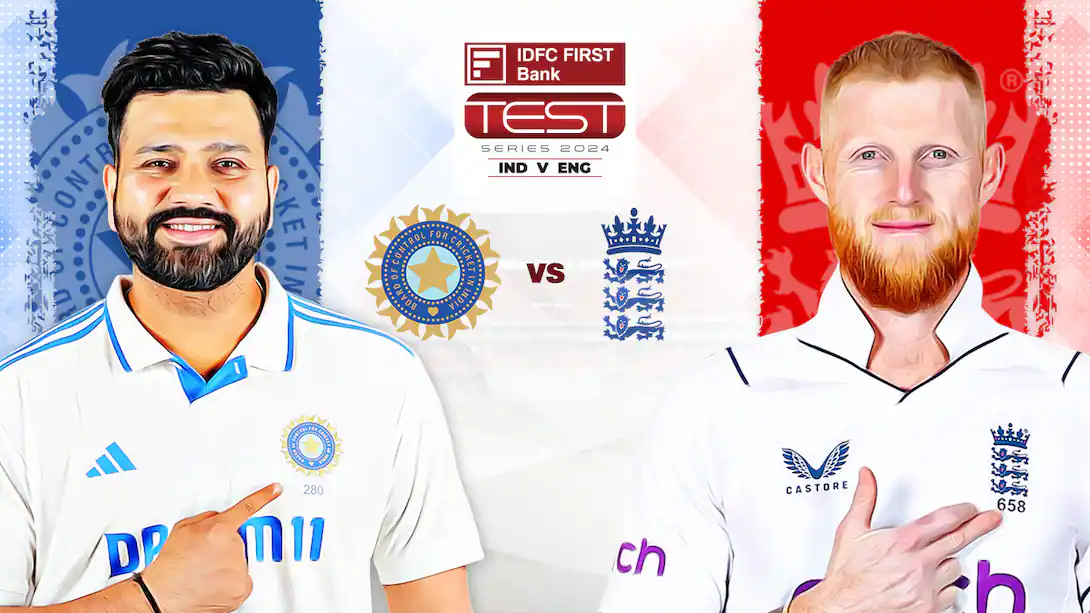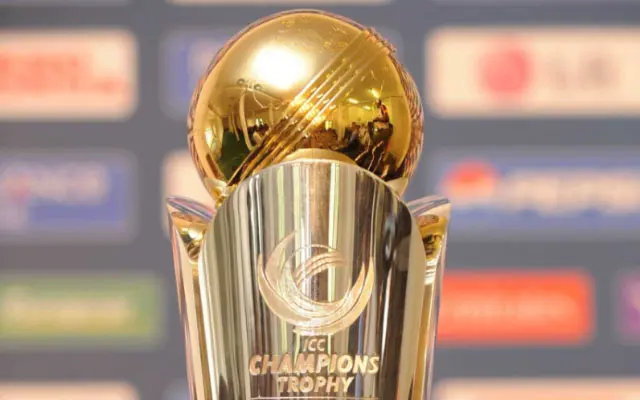England is scheduled to tour India for a complete series. There will be 5 Tests played against India. 5 Test series have become so rare that hardly one is played in a couple of years. Gone are the days when 5 Tests will be played over 4 months. Now, the same number of games is condensed in about 6 weeks. The visiting teams hardly get an opportunity to play practice games before the first Test and to get used to the conditions. Nowadays, so many games are played that the players and the board are pressed for time. These long series are only played among the big-3 of Australia, England and India. England has selected their best team but Michael Vaughan thinks otherwise. Michael Vaughan about England.
The main advantage of a 5 Test series is that it gives both sides lots of opportunities to come back into the series. The recently concluded Ashes is an example of that. Australia led 2-0 after the first and second Tests whereas the series ended 2-2. England were clearly outplayed in the first couple of games and came into their self only from the 3rd game. In a shortened series, Australia would have already won the Ashes.
The current lot
England certainly believes that they have a good side that satisfies various needs in India. They have a couple of young spinners in Bashir and Ahmed ably supported by Jack Leach. For express pace, they have Mark Wood and for guile, they have Anderson. Among the batsmen, all of them are stroke makers. Ever since Ben Stokes and Brendan McCullum took over the England side, they have played the game at a level that is a dream for the rest of the teams. Notable performances include the 3-0 rout of Pakistan in Pakistan. Under Stokes, England has won 13 out of the 18 Tests with just 4 losses. These are extraordinary statistics.
They are unlikely to change their tactics in India if the pitches do not turn extravagantly. If that is the case, they can come unstuck but if they win the toss and bat first, which any team will invariably do, they can post totals that will be difficult for India to achieve. With the pitch turning from the 3rd onwards, England could hope.
Michael Vaughan does not think so
However, England’s former captain, one who achieved the extraordinary result of winning a series against Australia back in 2005, does not think so.
“Will it be good enough to win in India, that’s the big question. I very much doubt it because India don’t lose at home often particularly when it’s turning square. Would expect India to win the series but the big Indian crowds will be back because they’ll want to watch them ( England),” Vaughan said.
“Can England get 20 wickets without a world-class spinner? It’ll be the ultimate challenge but they’ll play their Bazball style and try to put India under pressure,” the 48-year-old further said.
Vaughan is certain that India will win the series. He does not think that Bazball will be that effective on the Indian pitches. He is probably correct but it is just a question of applying pressure effectively. The last time England were in India, every wicket turned square from day one. They won the first Test in Chennai while batting first because the pitch on day one was flat and made the most of the turning conditions on days 3, 4 & 5. Anderson destroyed India with his reverse swing.
Vaughan is probably correct because England when under pressure, has found itself in a spot of both even in the new era. Against Australia, until Nathan Lyon was in the picture, they didn’t know how to go about Bazball. Not only Lyon kept the runrate down but he also picked up crucial wickets. In India, this choke will increase manifold. How England, particularly Ben Stokes is able to ride the pressure will be key.
The ability of the batsmen
Ben Stokes will return after a major knee surgery. Whether he will be match fit remains to be seen. It is not easy to return to action and that too in a high profile series so soon after a major surgery. His batting, his captaincy and his bowling will all be crucial to England’s prospects. England can bet on Joe Root to bat as he always does but there will be question marks over Crawley and Duckett. Last time around, Duckett was a sitting duck to Ashwin. He may have gained confidence after the runs in The Ashes but will that be enough in India?
The whole Bazball approach depends on the freewheeling ability of Johny Bairstow. With the additional responsibility of keeping wickets, he will be all the freer to go after the bowling knowing fully well that his position is secure.
Wrapping up Michael Vaughan about England
Vaughan is perhaps correct in his assessment but England would like to prove him wrong. The young spinners may not be that much of a threat which leaves a lot of onus on the batsmen to score a sufficient volume of runs for them to matter.
Having said that, I would want India to prepare pitches that do not turn square. Slow and low pitches will be good to watch. For the last 2 WTC finals, India qualified on the back of winning a lot of games at home and was humbled first by New Zealand and then by Australia. This time, I want us to qualify by playing excellent cricket and not assisted by the pitches.
Other blogs about England



